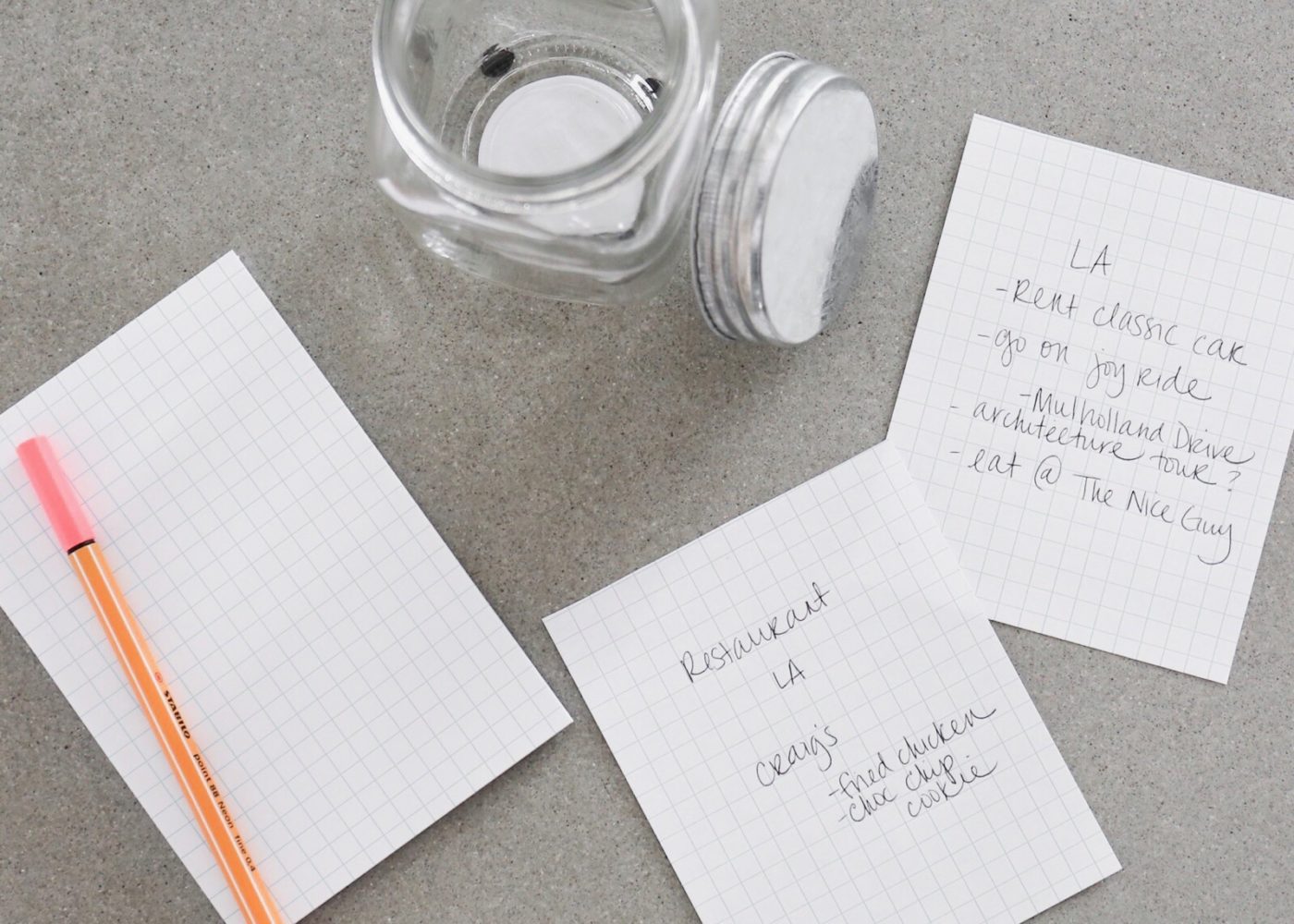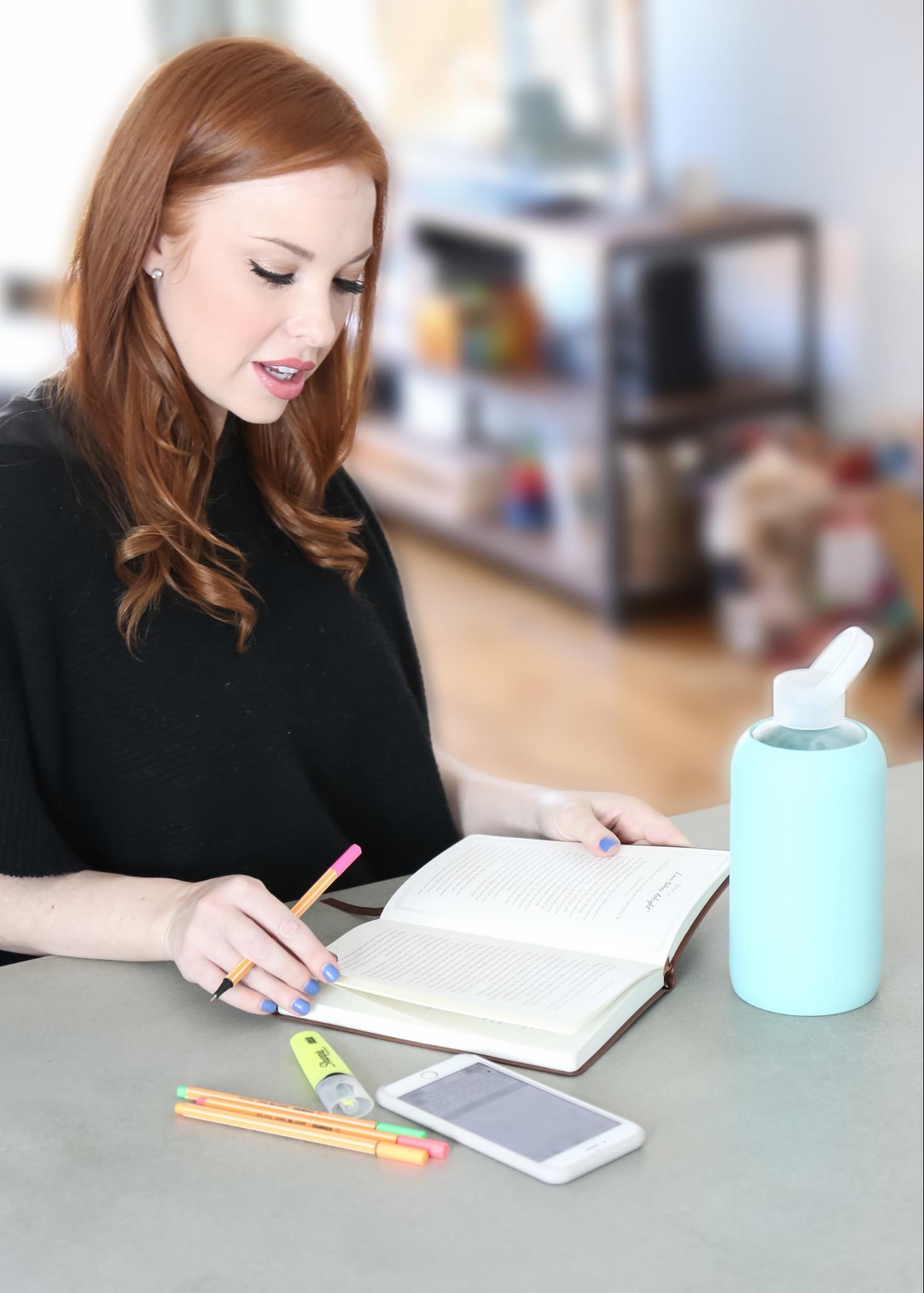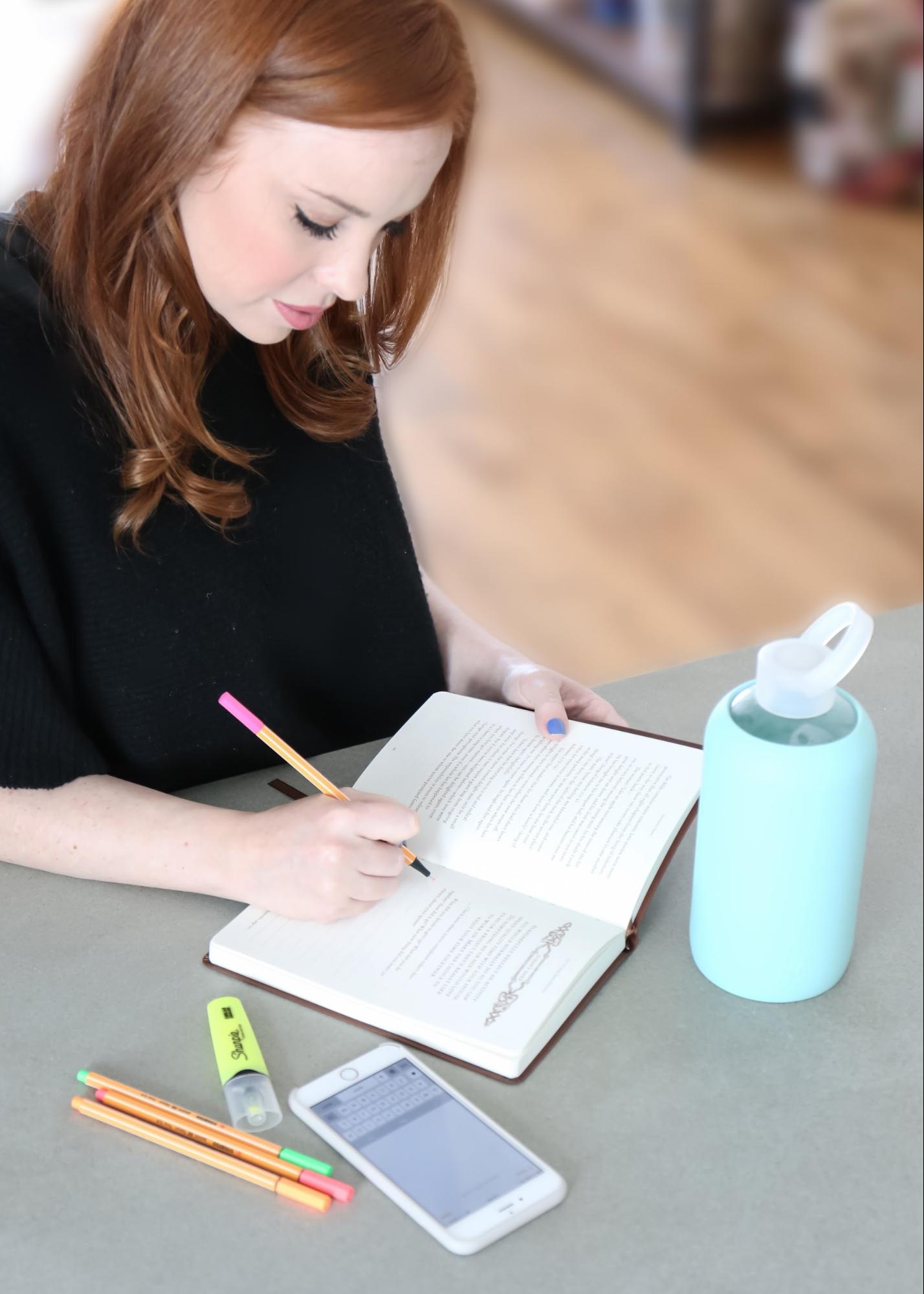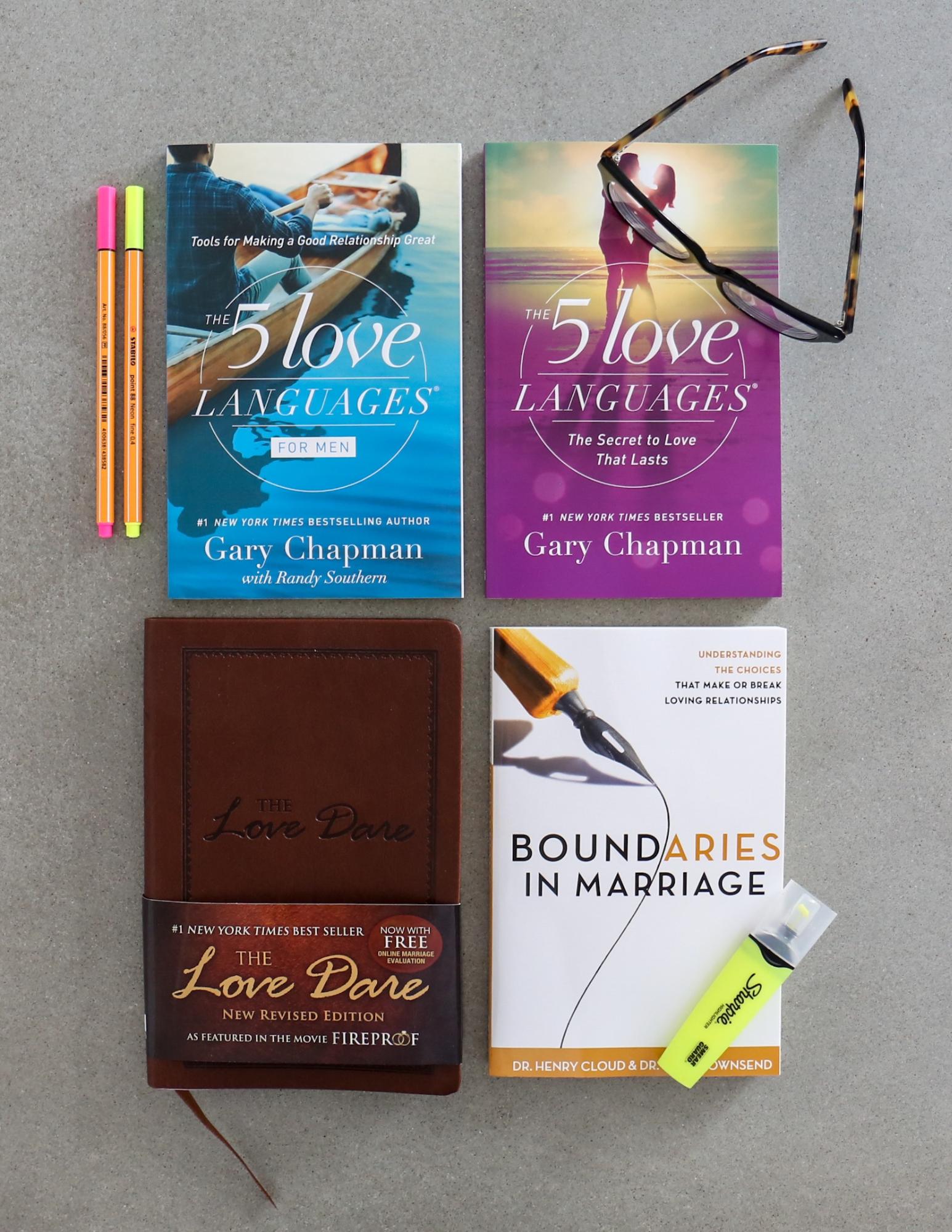Darlene Bowling, LPC, is a psychotherapist with a focus on women with complex trauma. She also works regularly counseling women with marriage and family related issues. She also happens to be my mother.
Many of you have had the delight in unloading whatever ails you to my mom. She is the best shoulder to cry on, ear to fill and gives the best advice. Many of my friends have divulged a secret or two and she and I have watched them get over break ups, divorce(s) and overcome parenting problems that stem from family of origin issues . My friends and I have an inside joke titled “what would Darlene do” when faced with life’s struggles and we all wish we had her on speed dial. Lucky for me, I do:) She’s taught me enough about psychotherapy to be what she calls an “armchair counselor” which is someone unstudied yet has a basic understanding enough to dole out what hopefully is somewhat good advice.
Recently, we were talking about how important it is to keep your marriage healthy and in tact and just how hard that is to do given all of life’s distractions and circumstances. It is easy to let your partner be last on your priority list. When raising small children, it can be a seemingly impossible task to find time for yourself, let alone time for your partner. As life moves ahead at lightning speed, years of disconnectedness are underway and seems impossible to overcome. Darlene sheds light on what to do below if you’re feeling disconnected from your partner along with an exercise and book recommendations.
It takes a very strong person to go first and oftentimes, let’s face it ladies, the responsibility to maintain the relationship can feel like it lands on our shoulders. It is the most important work we will do to shape our families, their foundations and to keep the main thing the main thing. So, pull up those emotional boot straps and follow my lead *cough cough- let’s work on getting connected – to our partners.
I now turn you over to Darlene…
Disconnection for your partner: “I love you, but I am not in love with you.”
It is a human need to want to feel connection with someone. We talk about it all the time. When in a new relationship it is the most wonderful time! You are open, interested, and vulnerable in order to learn your partner and connect. But, then over time, distractions, work, children, pressures of life, fears, unresolved hurts begin to take place of the wonderful time of connection and to emotionally disconnecting from your partner. It happens. Couples begin to drift apart, lose those “loving feelings” that brought them together in the first place.
How do you know if you are disconnecting from your partner?
Well, behavior can range from the silent treatment to avoiding the partner, to no contact at all. Common signs of disconnection are criticizing, interrupting, nagging, threatening, being resentful, name calling, lying, avoiding, ignoring, shaming, controlling, and looking for problems. Do you recognize yourself so far?
Reconnection can happen to revive the relationship.
How do we go about changing our relationship?
It will take work and commitment to the relationship from both partners. Couples forget that there are three identities in a relationship. Two individuals that come to the relationship with individual needs, but the third person is the relationship itself. It is what I call the “we” factor.
When couples are disconnected they are only thinking of their own needs and not what is in the best interest of the relationship.
In the beginning of reconnecting, one partner may need to take the lead, but we must do specific things to revive it according to Dr. Margaret Paul, 6 Ways to Heal Your Disconnected Relationship.
- Be open
- Take responsibility of your own feelings
- Focus on what you LOVE about your partner rather than on what is wrong
- Make time to be together
- Become aware of your controlling behavior
- Shift your focus from getting love to being loving
I can already feel some of you rolling your eyes at the words “work, commitment, take the lead” because this is a person whom you are now disconnected from. We also assume that just because we “fall in love” with someone that by magical thinking the relationship will last because we can “feel” it. Relationships take work the entire time you are in one. We cannot assume that our partners have or even understand what partnership means or have the tools to help grow love in relationship. So, do your homework, read the recommended books, practice the techniques whether you “feel like it or not” and start reconnecting to your partner so you can continue to “love one another and be in love with one another.”
Recommended Readings:
6 Ways To Heal Your Disconnected Relationship, Dr. Margaret Paul
Wired for Love, How Understanding Your Partner’s Brain and Attachment Style Can Help You Defuse Conflict and Build A Secure Relationship, Stan Tatkin, PsyD, MFT
The 5 Love Languages, Gary Chapman
The Love Dare (Christian based)
EXERCISE ::
The Mason Jar Project
The object of this exercise is to help develop emotional equality in a relationship. It is an attempt to deposit into your partner’s emotional bank.
Once a week each partner will write down a date he/she would like to go on with his/her partner. Then place the folded piece of paper in a mason jar. At the end of the week or twice a month or whatever the couple has designated as “date time” the couple will take turns pulling from each other’s respective jar.
For example, if partner A pulls from the other partner’s jar on week one and the date is to go bowling and eat pizza, then partner A must go on that date without complaining and be fully present on that date.
On week two or next date time, partner B pulls from the other partner’s jar and if the date is to go on a picnic and read poetry, partner B must compile fully present.
The couple continues to take turns so each partner has an equal opportunity to have his/her emotional needs met.
Other options for the Mason Jar project is to have a third jar where both partners will once a quarter place an idea in for a vacation. Some couples take turn pulling from the jar once a year.
The ideas for the dates do not have to be expensive, only authentic things each partner would really enjoy doing with his/ her partner.
Graduated from Mercer University in Atlanta, Georgia with a Master of Science in Professional Community Counseling. Darlene’s undergraduate is from Mercer University, Macon, Georgia with a Bachelor of Science in Human Services. She is a Certified Clinical Trauma Professional.




